Ethnicity without Groups
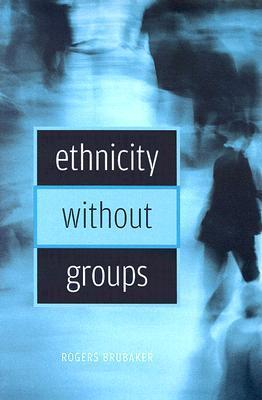
Summary
Despite a quarter-century of constructivist theorizing in the social sciences and humanities, ethnic groups continue to be conceived as entities and cast as actors. Journalists, policymakers, and researchers routinely frame accounts of ethnic, racial, and national conflict as the struggles of internally homogeneous, externally bounded ethnic groups, races, and nations. In doing so, they unwittingly adopt the language of participants in such struggles, and contribute to the reification of ethnic groups.
In this timely and provocative volume, Rogers Brubaker―well known for his work on immigration, citizenship, and nationalism―challenges this pervasive and commonsense “groupism.” But he does not simply revert to standard constructivist tropes about the fluidity and multiplicity of identity. Once a bracing challenge to conventional wisdom, constructivism has grown complacent, even cliched. That ethnicity is constructed is commonplace; this volume provides new insights into how it is constructed. By shifting the analytical focus from identity to identifications, from groups as entities to group-making projects, from shared culture to categorization, from substance to process, Brubaker shows that ethnicity, race, and nation are not things in the world but perspectives on the ways of seeing, interpreting, and representing the social world.
Similar Books
-
 CLASS, NATION AND IDENTITY
CLASS, NATION AND IDENTITYby Jeff Pratt
-
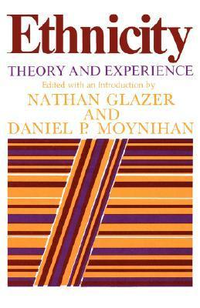 Ethnicity: Theory and Experience
Ethnicity: Theory and Experienceby Nathan Glazer
-

-
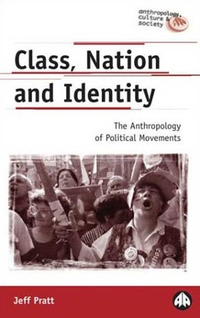
-
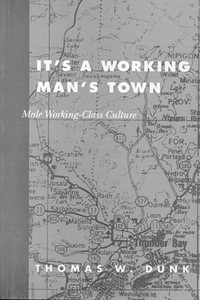 It's a Working Man's Town: Male Working-Class Culture
It's a Working Man's Town: Male Working-Class Cultureby Thomas W. Dunk
-
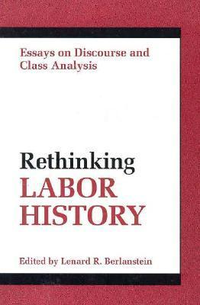 RETHINKING LABOR HISTORY: ESSAYS ON DISCOURSE AND CLASS ANALYSIS
RETHINKING LABOR HISTORY: ESSAYS ON DISCOURSE AND CLASS ANALYSISby Lenard R. Berlanstein
-
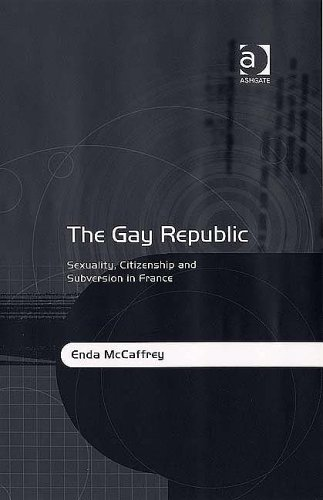 The Gay Republic: Sexuality, Citizenship And Subversion in France
The Gay Republic: Sexuality, Citizenship And Subversion in Franceby Enda McCaffrey
-
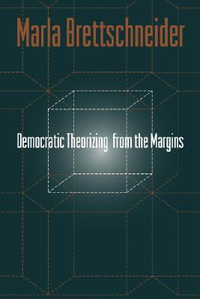 Democratic Theorizing From The Margins
Democratic Theorizing From The Marginsby Marla Brettschneider
-
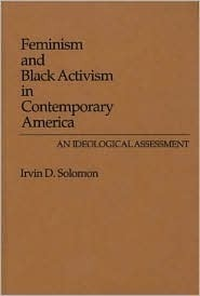 Feminism and Black Activism in Contemporary America: An Ideological Assessment
Feminism and Black Activism in Contemporary America: An Ideological Assessmentby Irvin D. Solomon
-
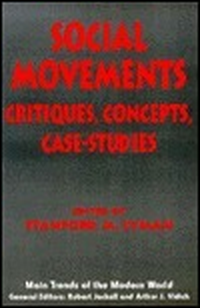 Social Movements: Critiques, Concepts, Case Studies
Social Movements: Critiques, Concepts, Case Studiesby Stanford M. Lyman